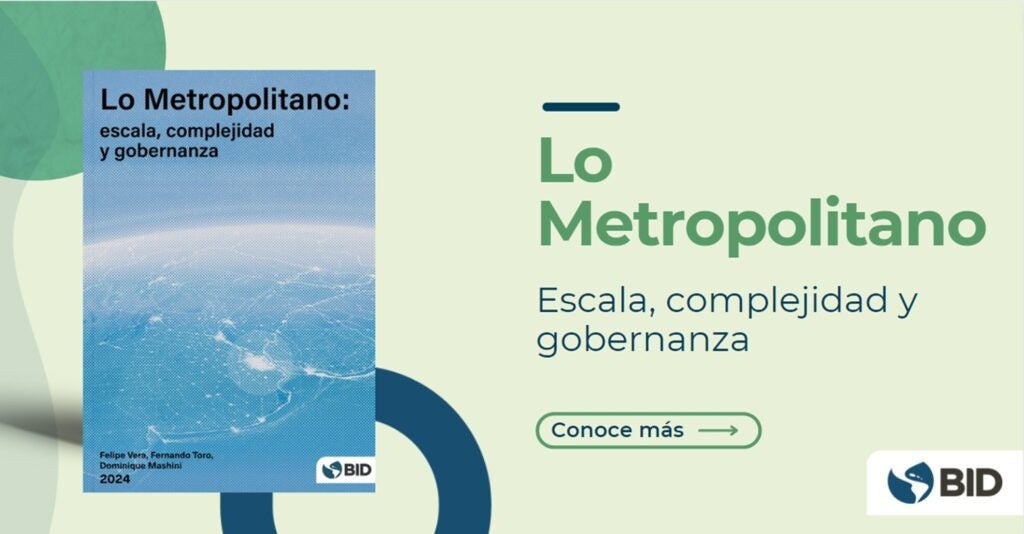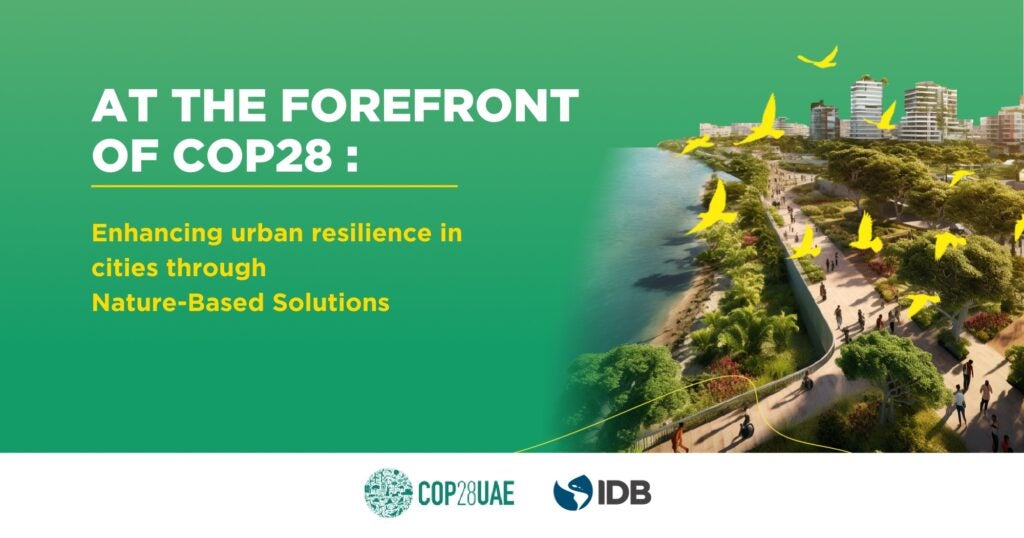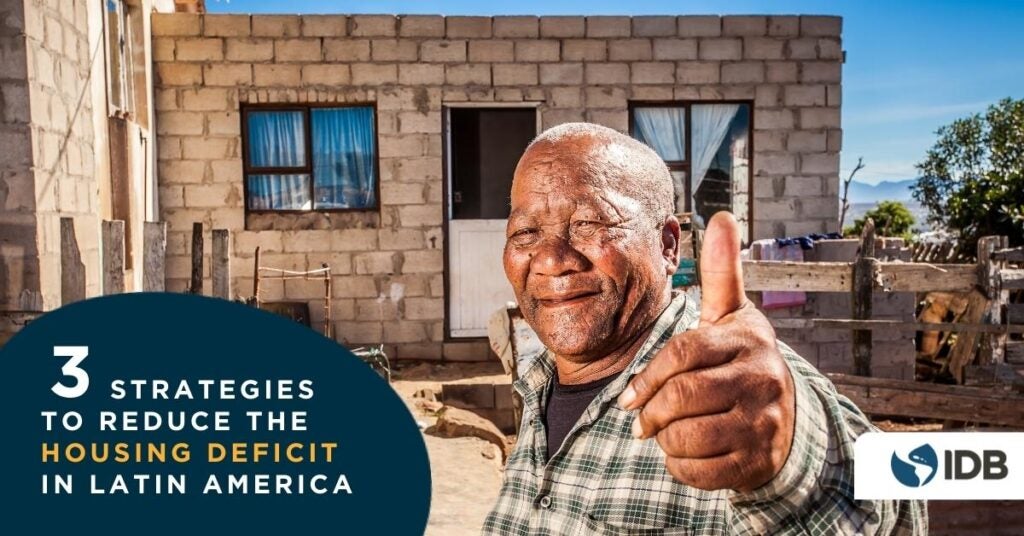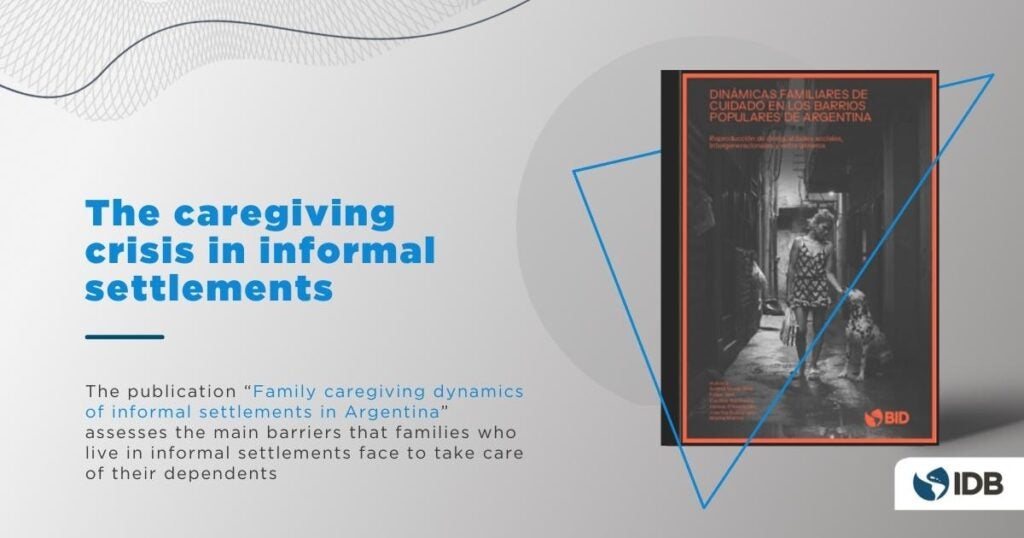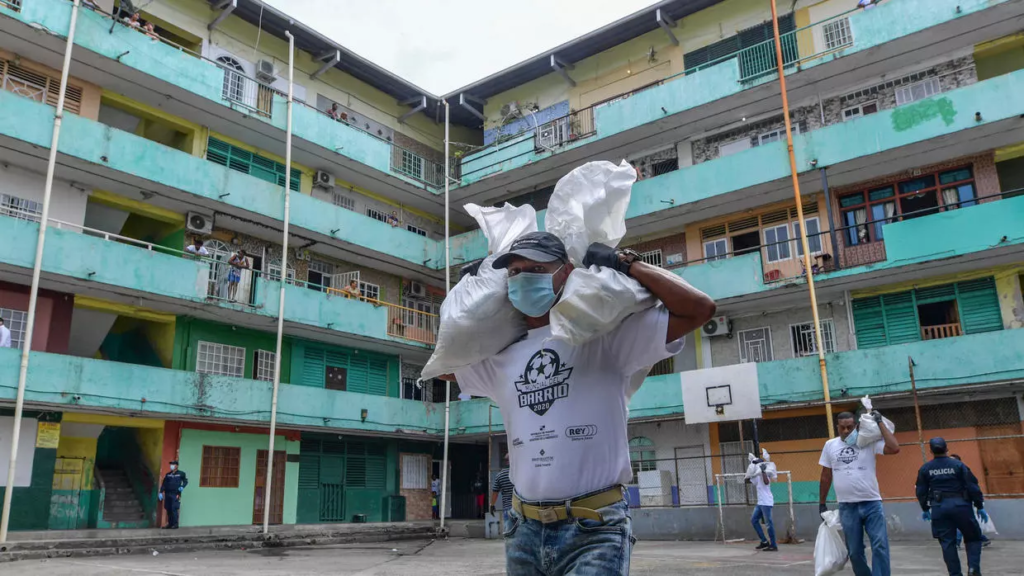Globally, the scale and pace of urbanization have transformed the structure of territorial governance into the complex realm of metropolitan governance. In Latin America and the Caribbean (LAC), urbanization has profoundly reshaped cities, necessitating new forms of metropolitan governance. With over 80% of the population residing in urban areas—outpacing Europe and far ahead … [Read more...] about The Metropolitan and beyond: Navigating Governance, Scale and Complexity in Latin America and the Caribbean
At the forefront of COP28: enhancing urban resilience in cities through Nature-Based Solutions
World leaders are closing their meetings today at COP28 in Dubai with the aim to increase the climate ambition and action of all countries, and to accelerate the transition to a low-carbon and resilient future. There is no doubt that COP28 has been a crucial conference for the global response to climate change. It has an opportunity to review the progress made since the … [Read more...] about At the forefront of COP28: enhancing urban resilience in cities through Nature-Based Solutions
Three strategies to reduce the housing deficit in Latin America and the Caribbean
Housing plays a much more important role than is generally recognized. Not only does it satisfy people's basic needs for well-being, protection, safety and health, but it is also the main pillar for overcoming poverty. In Latin America and the Caribbean (LAC), 33.7% of the population lives in poverty. If we add to this the fact that almost half of the region's inhabitants do … [Read more...] about Three strategies to reduce the housing deficit in Latin America and the Caribbean
The caregiving crisis in informal settlements
“I'm a hairdresser (...) but I need to take care of my aunt [who has a severe disability], of my daughter [who's only 12 years old] and the house” says Lorena, from Río Paraná, in Corrientes, Argentina. Just like many other women in the region, Lorena must balance her professional life with housework and caregiving responsibilities. These responsibilities are particularly … [Read more...] about The caregiving crisis in informal settlements
10 lines of action and 20 measures to mitigate the spread of the coronavirus in informal settlements
On March 11th, 2020, the World Health Organization (WHO) classified the new Coronavirus or nCoV-2019 as a pandemic. In Latin America and the Caribbean (LAC), thousands of confirmed cases have already been reported, in almost all the countries of the region, and an increasing number of deaths. The number of cases, the number of deaths and the number of affected countries is … [Read more...] about 10 lines of action and 20 measures to mitigate the spread of the coronavirus in informal settlements

